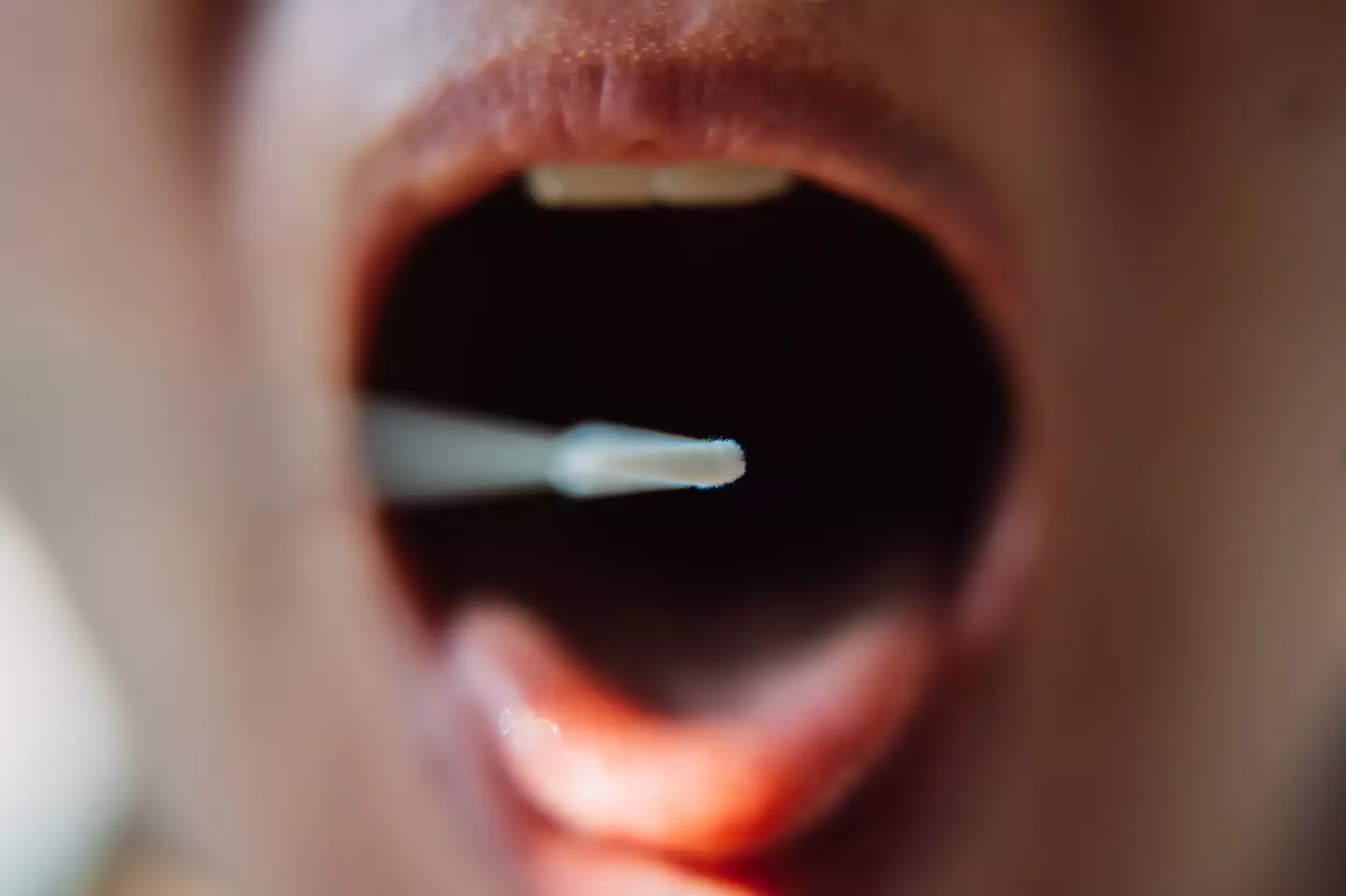
Parkinson's disease has long been considered by medical experts one of the more difficult neurological disorders to diagnose, given that its symptoms tend to differ greatly from patient to patient.
That said, however, a team of scientists at Kings College London believe they've uncovered one rather common indicator of Parkinson's, which they say can emerge during very early stages.
For those in need of a reminder, Parkinson's is a progressively worsening disorder that affects the nervous system and the brain over time, and as such, impacts a person's mobility and cognitive ability.
The tragically incurable disease is estimated to affect over 18,000 people in the UK per year, predominantly affecting individuals over 50.
Advert
As we say, however, like other disorders that take hold of the brain, and being that it garners a wide and often-contradictory roster of symptoms, Parkinson's is notoriously difficult to diagnose within the medical field.

Attempting to tackle this issue, university researchers at King's College London recently conducted a study into the possible link between bacteria found inside the body and the slow decline in Parkinson's patients.
228 samples of both stool and saliva were collected, including from two groups of Parkinson's patients, one in which patients had mild diagnoses, and one in which patients were battling dementia, which the condition can eventually lead to.
In doing so, they discovered concrete evidence of the direct association they suspected, finding that bacterial changes within the body's biome affect the deterioration of the brain's cognition.
The gut contained more harmful bacteria in patients with severe cognitive impairment, which was believed to have come from the mouth in a process known as 'oral-gut translocation'.

This harmful bacterium was found to have released harmful toxins, known for damaging gut tissue and promoting inflammation, both of which can affect the brain.
These shifts, they believe, could serve as early warning signs for the condition, and could aid in doctors prescribing treatment before a patient's symptoms become more severe.
"The human gut and oral bacterial communities are increasingly linked to neurodegenerative diseases," group leader of the KCL's Quantitative Systems Biology (QTS) Lab, Dr Saeed Shoaie, recently explained.
"Disruptions in the gut-brain axis could trigger inflammation and immune responses that contribute to neuronal damage. A common gum disease bacterium, like Porphyromonas gingivalis, has been discovered as a potential driver of Alzheimer’s."

Research associate at the QTS lab and first author, Dr Frederick Clase,n also issued an assessment of the findings: "We don’t yet know if the bacteria are causing the cognitive decline or if changes in the body due to Parkinson’s allow these bacteria to grow.
"But our findings suggest they may play an active role in worsening symptoms."
He continued: "These toxins could be used as biological markers to identify patients at higher risk of dementia in Parkinson’s.
"In the future, they might also be targets for new treatments that protect the brain by changing the gut environment."